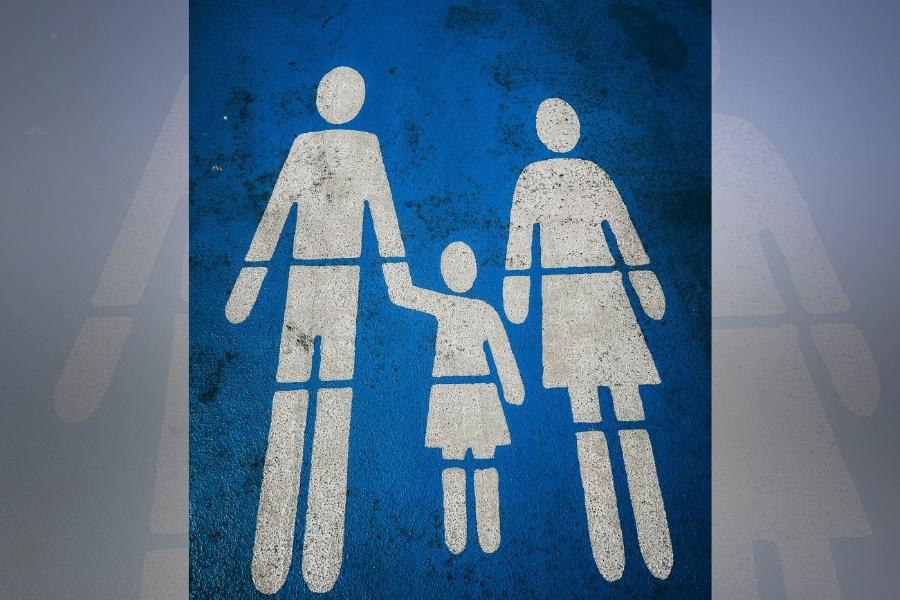Eleven-year-old Ansh from Salt Lake (name changed) threw a tantrum over a minor argument with his younger sibling. He cried, slammed the door, and shut himself in. His mother thought it was just a bad day until it became a pattern, eventually requiring professional intervention.
Like Ansh, many pre-teen boys experience such emotional outbursts, often coupled with isolation and gadget addiction. But reprimanding your boy for such behaviour may make the situation worse, warn experts.
Puberty is a challenging time not only for children but also for parents, who are often unsure of how to extend support through this transitional phase. With hormonal shifts, bodily changes, peer pressure and emotional upheaval, it is natural for boys to feel overwhelmed and for the parents to feel unprepared. But with the right approach and empathy, this phase can become a time for deeper connection with your boy, say experts.
When it starts and what should parents know

Dr Shaila Shamanur Bhattacharyya, consultant in paediatric endocrinology at Manipal Hospitals, explained that puberty in boys typically begins around the age of nine and continues through 14 to 16 years. While the first biological sign is testicular enlargement, which is not usually visible to parents, external cues include a sudden growth spurt, the appearance of body odour, changes in voice and the development of pubic hair.
However, she warned that early or delayed puberty can be red flags. If boys show signs before age nine or none by 14, parents must consult a paediatric endocrinologist. Issues like gynaecomastia (breast enlargement) or sudden testicular pain can also require urgent medical attention.
How to help combat mood swings and meltdowns

Hormonal changes are not just physical. They impact emotions, too. “Puberty hormones can trigger mood swings like irritability, carelessness, arrogance and these changes are completely normal,” said Bhattacharyya. She urges parents to create a safe space where boys feel heard without judgment. This means listening, acknowledging their feelings, and being proactive in discussing what’s happening to their bodies.
Consultant psychologist Poulomee Shaw from Kolkata’s AM Medical Centre added that emotional shifts like tiredness, irritability, sadness or even low self-esteem are common. “Parents should offer reassurance, encourage body acceptance and a healthy lifestyle, and support their child’s need for privacy.” She also stressed the importance of open conversations around body image, sexuality and identity — these are critical factors that, if ignored, can snowball into anxiety or depression.
Food, sleep and hygiene: Why routine matters
The teenage years are when boys experience maximum growth, which makes nutrition a critical part of their development. A balanced diet with enough protein, calcium, healthy fats, and fibre is essential. “Skipping meals should be discouraged. Every meal plays a role in building bone and muscle mass,” said Bhattacharyya.
Sleep hygiene is another pillar of support. Experts recommend at least seven-to-eight hours of sleep, with screen time restricted to under 60 minutes a day and no screens two-to-three hours before bedtime. Physical activity for 30–60 minutes daily is a must.
Personal hygiene, often overlooked, also becomes vital. Sweating increases with hormonal changes, making daily showers, fresh clothes, and even deodorant use necessary.
Navigating social pressures and stereotypes

Dr Pritha Das, a specialist in paediatric gastroenterology at AM Medical Centre, outlines the many pressures teenage boys face: unrealistic body image expectations, substance experimentation, bullying, premature exposure to sexual content, and anxiety related to academics or parental expectations.
“Teenagers are dealing with societal stereotypes of how boys should look. Tall, muscular, chiselled. Which impacts self-worth. Add in peer comparisons and media exposure, and the pressure to fit in becomes intense,” she said.
She encourages parents to build strong communication, set fair boundaries, and empower teens with life skills like empathy, decision-making, and stress management. “Avoid micromanaging or overindulgence. Give them space while remaining available when they need you.”
Why puberty conversations must start early

Arnab Mondal, a single father to a 17-year-old boy, navigated his son’s puberty with words of affirmation, positive reinforcement and sex education. “If we do not talk about these issues at home, out of curiosity, they will turn to the internet or their peers. Then they often end up with the wrong information. It is important to deal with curiosity around the body, intimacy, etc. at home.”
Tanya Khubchandani Vatsa, a Mumbai-based public health specialist and author, shared her real-life experience navigating puberty with her son and daughter. “My daughter had precocious puberty at seven-and-a-half. My son, on the other hand, has delayed puberty despite a bone age of over 14 years,” she said, underlining the unpredictable timelines of puberty today, possibly due to hormone-laden foods or environmental factors.
Parents today must recognise that peer groups are also changing unevenly. “Some boys’ voices crack at 10, others at 14. This leads to name-calling and body comparisons.”
Her solution? Constant communication. “Talk to your kids before they hear it on the school bus. Use age-appropriate scientific language, and make those awkward conversations normal. My kids have asked about sex, periods, and I have always answered them with facts and honesty.”

